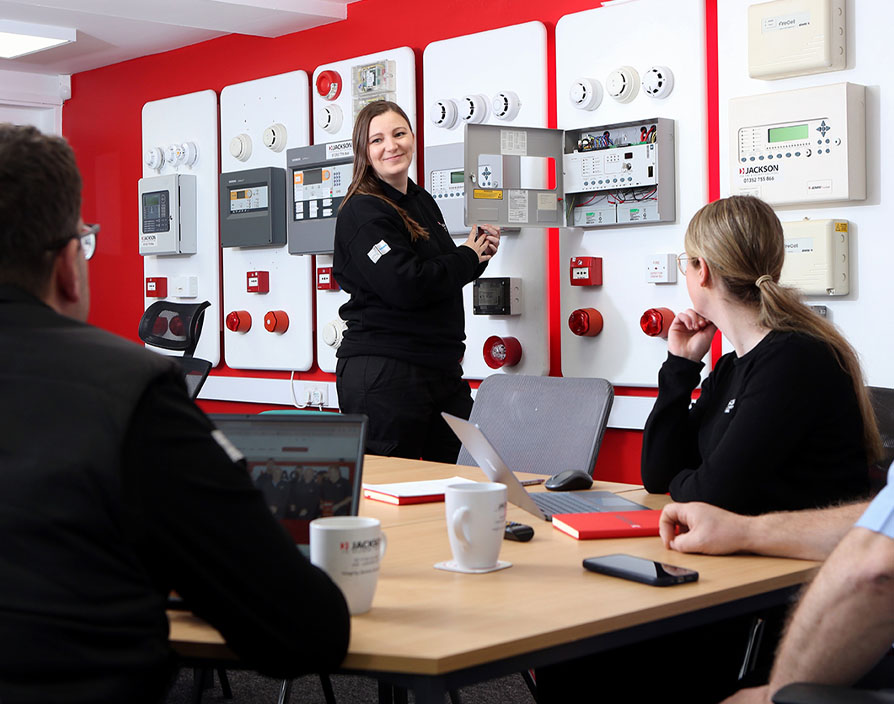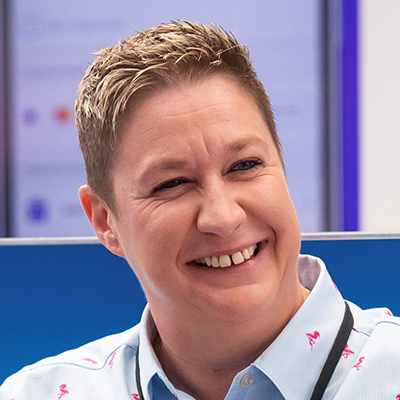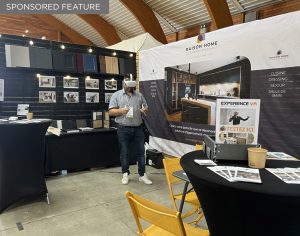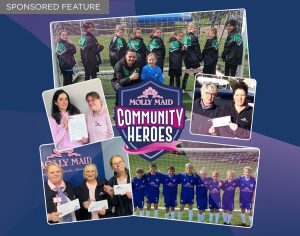Deep dive research
One of the first things we advise people who want to buy a franchise to do, is plenty of research into the individual brands that interest them. And one of the most important areas of that deep dive is finding out what kind of support they’ll get from the franchisor; but that’s a tough question to ask when you don’t know what good or bad support looks like.
In this article we have spoken to five BFA members, all of whom have had their business models checked by us to ensure they are professional, ethical and sustainable. Their answers will give you the chance to find out what kind of support they offer their franchisees, and we hope, take some of the mystery out of the word ‘support’, whilst also giving you an idea of the breadth and depth some franchises offer.
Bear in mind though, these are all different sized businesses, at different buy-in costs, the support isn’t the same across the board, you can’t compare apples to oranges, but it will give you an idea of the kinds of things you’ll be offered.
Franchise training
It’s safe to say that all franchises come with training; after all, why else would you buy a franchise, but how that training is delivered, will look different for all 300+ of our members’ businesses.
For instance, children’s swimming Franchise Swimkidz, which was founded in 2011 and currently has 19 franchises in England, Wales and Thailand, runs a two-day, in-person training course, which includes how to run the business (health and safety, social media, brand and merchandise, profit and loss, VAT and marketing etc) and the second day on how to use their own database (adding customer details, classes, teachers etc). They also put their franchisees through the appropriate swimming qualifications using their own training company.
‘Lifestyle’ franchise Little Learners, who were founded in 2015 and have 23 franchisees across the UK and Australia take a different approach with a fully flexible online training course that can be taken when it suits the franchisee, to fit around their other commitments.
Professional qualifications
In some franchises professional qualifications aren’t just desired, they are a ‘must have’ and that’s true for Metro Plumb. Their history dates back 40 years as part of drainage company Metro Rod; they have 23 franchises and over 100 members of support staff servicing both companies.
Metro Plumb franchisees must already be NVQ Level 2 in plumbing before they can join, but the franchisor then tops up and fills in gaps in their education with a myriad of training courses. Franchisees and their staff are registered on their online system, where they can access all the courses or training they require. The system also comes with a Training Matrix to keep them on track. In a world where qualifications, health and safety and certification are crucial, the online system gives the franchisor and the franchisee an instant overview of everyone’s qualifications.
Similarly, franchisees with Jackson Fire and Security need professional qualifications, but all are provided when they become a franchisee. The firm, which was established in 1991, is still run by founder Steve Jackson and has 14 franchisees across the country. Once qualified and fully trained they have regular meetings with management and fellow franchisees and carry out regular performance monitoring that allows them to step in if a franchisee is facing challenges.
Immediate support
The support a franchisee receives in the first few days, weeks and months post-training, is crucial. When you are doing your research into a brand, talking to their existing franchisees, ask them about how much support they still receive one, five and ten years later and see if they are happy about it?
Tumble Tots, a children’s activity brand adored by millions of parents across the UK since 1979, has 46 franchisees, covering 180 centres across the UK. They divide their support into three areas, business, technical and marketing, with franchisees receiving over 70 hours of training, three support visits and six online support meetings in the first 12 months alone. Once established, franchisees receive an annual review on all three areas, looking at their performance against their business plan.
KPI’s and monitoring
For most franchises, keeping track of a franchisee’s performance is a given. KPI’s (Key Performance Indicators) eg: income, expenditure, market share, customer retention etc are tracked by the franchisor and the franchisee, but that’s not always the case.
Little Learners don’t have set KPI’s, preferring to let franchisees set their own goals, and work towards them with their support instead. For instance, if a franchisee has a particular desire to teach SEND (Special Educational Needs and Disability) children, then the franchisor will work with them on a case-by-case basis, to help them achieve that goal. Little Learners say their goal is the happiness of the franchisee and the children in their classes, rather than hard targets that must be reached each month.
Choosing a franchise
When choosing your future franchise, ask yourself what levels of support you think you’d like and bear that in mind when talking to businesses. Many will be flexible, delivering training and support in a way that suits you, but make sure the systems and processes are there for you to take advantage of if you need them.
For more information about buying a franchise, visit our website: https://www.thebfa.org/what-is-franchising-invest-in-a-franchise/


































